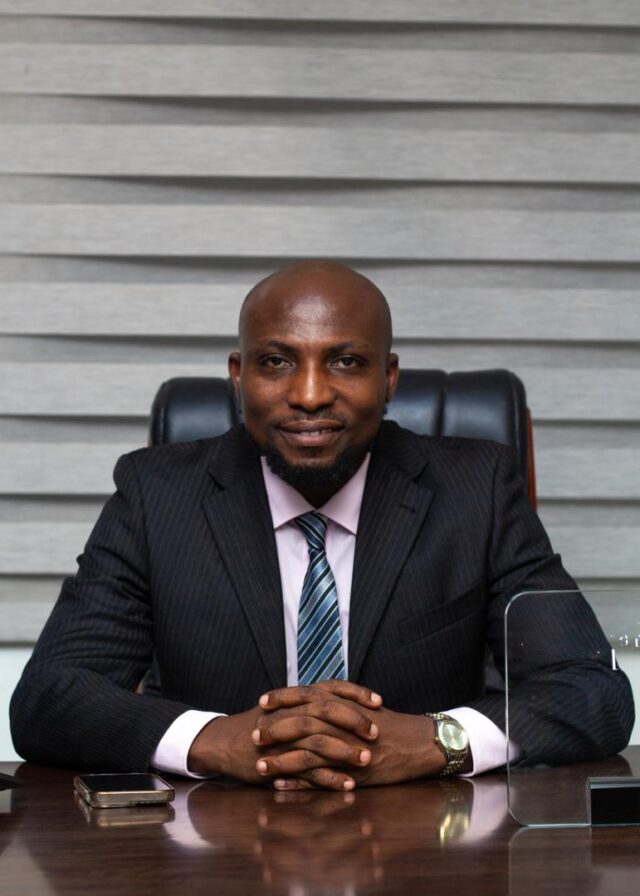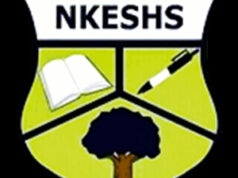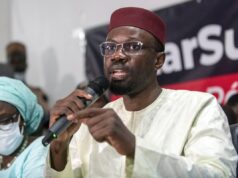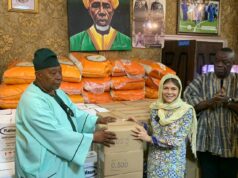Ghana stands at a defining moment in its development journey, torn between the glitter of gold and the promise of a sustainable, green future.
The phenomenon of galamsey, illegal small-scale mining, has evolved from a local economic activity into a national crisis that threatens the country’s environment, water bodies, and long-term survival.
For decades, the hunt for gold has provided income for thousands who see it as a means to escape poverty. Yet, beneath this shimmer lies a darker reality: poisoned rivers, barren farmlands, and destroyed ecosystems. The question now confronting the nation is both urgent and moral: will Ghana choose gold, or a green future?
Across the mineral-rich regions of Ghana, from Tarkwa to Dunkwa, illegal mining pits stretch endlessly, cutting deep scars into the land. Rivers such as Pra, Offin, and Ankobra once flowed clear, but today they carry the heavy burden of mercury, cyanide, and silt.
The Ghana Water Company Limited has raised alarms that over half of the nation’s water treatment facilities are at risk due to galamsey-related pollution. Water that once sustained life now threatens health.
For the young men who dig daily in unstable pits, it’s a matter of survival. “We know it’s dangerous,” one miner said, “but there are no jobs. This is how we feed our families.”
This human cost underscores the uncomfortable truth: galamsey is both an environmental and an economic issue. Poverty, unemployment, and lack of opportunities continue to drive desperate citizens into dangerous ventures.
Successive governments have promised to end galamsey. From Operation Vanguard to Operation Halt, enforcement has been loud but short-lived. Excavators are seized, rivers patrolled, yet, weeks later, the illegal miners return.
According to Lord Ibrahim Sani, a real estate mogul, a philanthropist and an advocate for sustainable national development, the root problem is not the miners themselves but the failure of leadership and political will.
“Our problem is not the lack of policy but the lack of consistency and integrity in enforcement,” he stated. “Political patronage and corruption have crippled our ability to protect the environment. Until we confront these truths, we will keep repeating this cycle.”
Chiefs, district officials, and local politicians often face conflicting pressures, caught between protecting their lands and satisfying community members who depend on mining for livelihood.
The ecological cost is staggering. Ghana loses an estimated 2% of its forest cover every year, largely due to illegal mining and deforestation. Satellite imagery reveals vast tracts of degraded land, stripped of vegetation and biodiversity.
Experts warn that the nation could face irreversible ecological collapse if the destruction continues. Agricultural productivity is falling, cocoa farms are disappearing, and water scarcity looms in areas that were once lush and fertile.
“We are not just losing trees,” Lord Ibrahim Sani warned. “We are losing the very systems that sustain our existence our food, our water, our air.”
A sustainable solution must balance livelihood and conservation. The Community Mining Programme, if properly regulated, could offer a responsible alternative to galamsey. By formalizing small-scale mining, enforcing environmental standards, and empowering communities, Ghana can turn its mineral wealth into shared prosperity rather than destruction.
Lord Ibrahim Sani emphasizes that green growth must become a cornerstone of Ghana’s future:
“Our development vision must shift from exploitation to restoration. Every ounce of gold extracted must be matched by a commitment to reforestation, education, and accountability.”
He also proposes the creation of a National Environmental Recovery Fund, supported by mining royalties, to finance reclamation projects and job creation in green industries.
The fight against galamsey is more than an environmental campaign, it is a test of leadership, discipline, and national conscience. Ghana stands at a crossroads between short-term gain and long-term survival.
“We cannot continue to destroy what sustains us. The real wealth of Ghana lies not just in her gold, but in her people, her rivers, and her green lands. Our children deserve a future where they can breathe clean air and drink clean water, not a land buried in the ashes of greed.”
The choice is clear. Ghana must decide whether it will dig for gold or grow for green.








